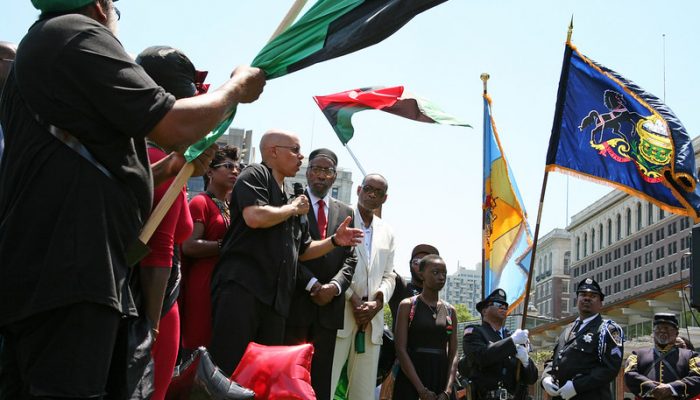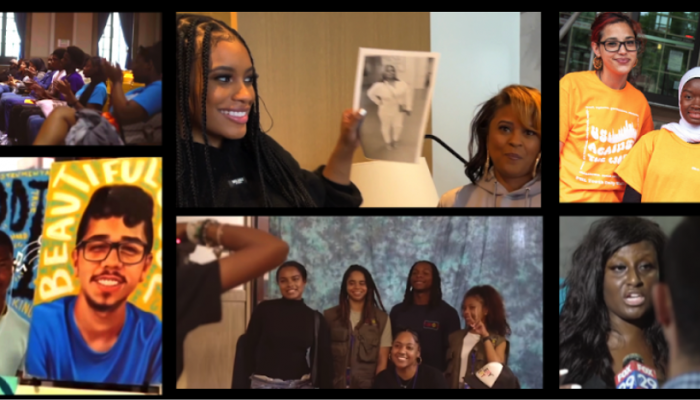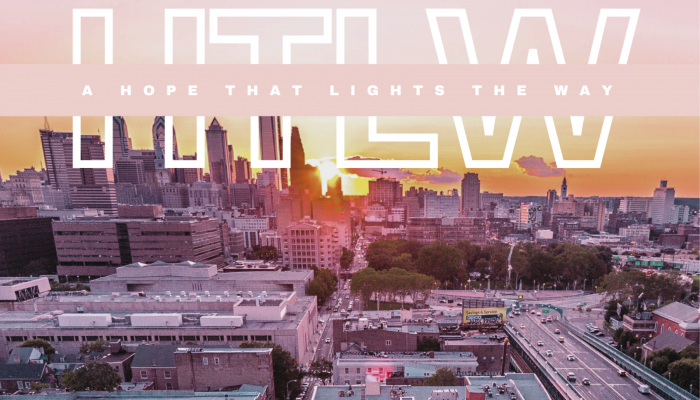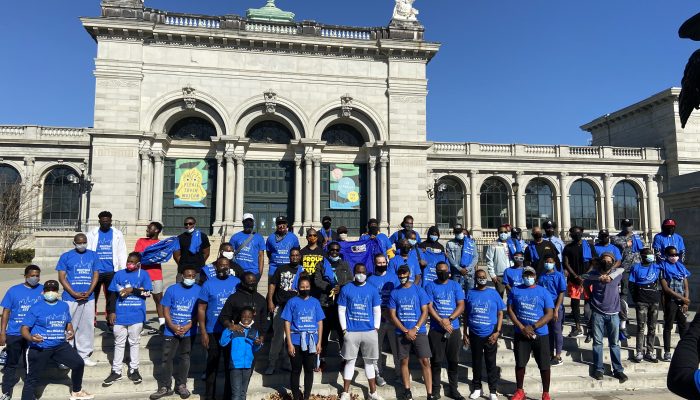This blog post was written by Khanya Brann, Communications Fellow
This Friday, June 19, we celebrate the 155th anniversary of Juneteenth, a holiday recognizing emancipation from slavery in the U.S.
Juneteenth commemorates the day in 1865 that thousands of enslaved people in Galveston, Texas were finally informed of their freedom, which had been granted by the Emancipation Proclamation two and a half years earlier.
On this day, we especially acknowledge the grave injustice that many Black Americans in remote areas of the south weren’t told of their freedom until well after it had been officially proclaimed.
This year, Juneteenth occurs during a moment when our country is being forced to publicly reckon with its enduring legacy of anti-Black racism and oppression. In the wake of uprisings following the murders of George Floyd, Breonna Taylor, Ahmaud Arbery, and countless others, during a global pandemic which is disproportionately affecting Black communities, collective resistance has never been more crucial.
Mayor Kenney has declared Juneteenth a City holiday, with all City of Philadelphia offices closed in observance of the day.
In recognition of Juneteenth, join Philly Counts this Friday, June 19, from 7:00 – 8:30 p.m. on Zoom for a conversation with local leaders and influencers about the 2020 Census and its impact on the Black community.
In partnership with the Urban League of Philadelphia, the African American Chamber of Commerce, Enon Tabernacle Baptist Church, and the Mayor’s Office of Black Male Engagement, Philly Counts presents this Juneteenth panel discussion to highlight the power of being counted in the census.
Black Americans have been historically underrepresented in national population counts, beginning with the Three Fifths Compromise in 1817, when enslaved people were deliberately counted as ⅗ of a person.
This erasure resulted in the advancement of a political system that was designed to further oppress Black people, perpetuating a cycle of inequitable distribution of political representation, funding, and resources.
Now, more than ever, we need to mobilize to ensure that we’re doing everything we can to #MakeBlackCount, so our communities get the funding we need to recover from COVID-19 and to keep our most vulnerable neighbors fed, housed and supported over the next decade.
Register for the #MakeBlackCount: The 2020 Census and The Black Community Zoom panel here.
Three actions you can take to #MakeBlackCount:
- Complete the 2020 Census.
- Join us for our Juneteenth panel discussion.
- Support Black art, business and life in our city.




